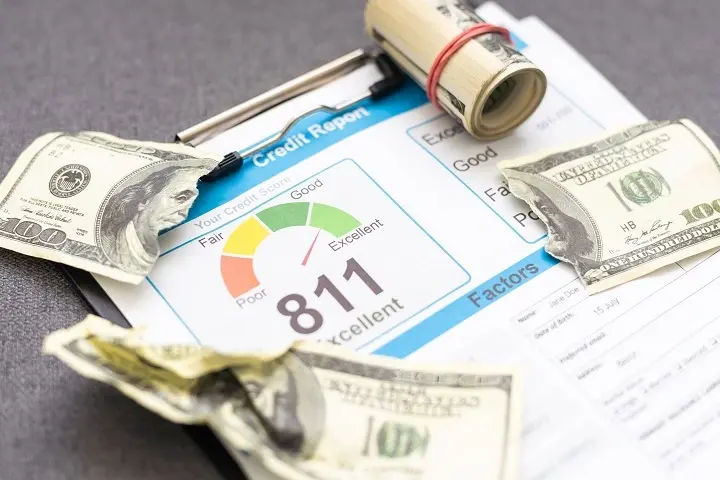
Credit management and financial planning depend on a knowledge of the link between income and credit score. Though popular belief, the relationship between these two elements is not clear-cut. Based on the most recent data, this blog article explores the subtleties of how income affects credit ratings.
Income and Credit Score: The Direct Connection
Against what many would think, your credit score is not exactly determined by your income. Responsible for computing credit scores, credit agencies like Experian, TransUnion, and Equifax exclude personal income information from their credit reports.
Therefore, this number by itself won't affect your credit score regardless of your pay—big or little.
The Indirect Impact of Income on Credit Health
Although money has no direct bearing on credit ratings, it does significantly indirectly affect your general credit condition:
Lenders evaluate creditworthiness mostly using the debt-to-income ratio, which is the one wherein your monthly debt payments are divided by your gross monthly income. A high debt-to-income ratio might indicate financial difficulty, which would influence loan eligibility.
Naturally, your income affects your capacity to pay monthly bills such as utilities, rent, or auto payments. Not making these payments might cause late penalties and bad credit agency reports, therefore reducing your credit score.
Access to Credit and Loans: Better credit and loan offers might follow from higher salaries. To evaluate risk, lenders may take income into account along with credit background. Higher-income individuals could get better loan arrangements and cheaper interest rates.
Income might affect the credit limitations lenders impose. While a lesser income might result in lower limitations as lenders evaluate your ability to pay back the loan, a greater income could lead to larger credit limits.
Key Credit Score Components
Knowing what influences your credit score will enable you to more wisely handle it:
Payment History: The most important consideration is timely payments—35% of the FICO Score. Late or missing payments lower your score.
Thirty percent of your FICO score is your credit utilization ratio—that is, the ratio of your credit card balances to your credit limit. One should keep this ratio below thirty percent.
Fifteen percent of FICO scores are the length of credit history; longer credit histories usually translate into better scores.
Having a range of credit types—e.g., credit cards, and auto loans—may help you improve your FICO score.
Opening multiple new credit lines in a short time might be seen as hazardous conduct by lenders based on a 10% FICO score.
Strategies to Enhance Credit Health
Think about the following ways to either keep or improve your credit score:
Boost your credit score by routinely paying your bills on time—a little but effective habit.
Control credit use by keeping your balances well below your allowed limit.
A mix of many credit kinds will show good credit management.
Regular inspections will enable you to find mistakes in credit reports and quickly correct them.
A good budget will enable you to control debt and stay from overspending.
Conclusion
In general, income significantly influences your creditworthiness and general financial situation even if it does not directly influence credit ratings. Whether your income is high or low, you may keep a good credit profile by concentrating on important credit score elements and using sensible financial practices.
Call (888) 803-7889 to check your credit score now!
Resources
How to get a personal loan after bankruptcy?
Equifax vs TransUnion: Which Credit Bureau is More Accurate?
What is a Business Credit Card?
How to Get Your First Credit Card at a Young Age?
What is revolving utilization?